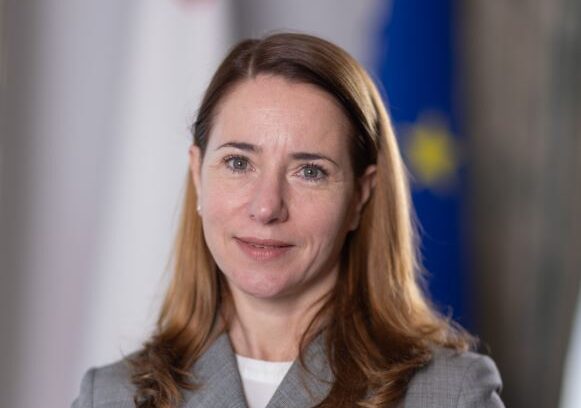Recruiter Francesca Ellul has stated that some local companies are choosing against hiring some candidates because of their accent, preferring ones who sound “more English.”
“Some clients only tend to hire employees that sound ‘more English’ than Maltese because of their client base,” Ms Ellul, Founder of human resources and recruitment company Pursue Consultancy, said on Monday.

Ms Ellul questioned why some people feel “ashamed” of the Maltese accent. “We aren’t British nor American and just like any other country, some of us have a strong accent,” she added.
“It’s bizarre how businesses will turn down qualified professionals just because their accent doesn’t ‘fit right,’” she continued.
This is particularly striking considering that Malta’s job market is very competitive, and thus, dismissing a candidate simply because of their accent can prove to be a costly decision.
Ms Ellul remarked that this is a situation that as far as she knows, does not tend to happen elsewhere, especially if the people’s level of English is fluent and completely understandable.
In the UK, the Equality Act 2010 protects individuals from discrimination against colour, nationality, or ethnic and national origins. While an accent is not specifically listed as a protected characteristic, national and national origins are, and thus a candidate could argue that they speak with a particular accent due to their nationality.
Therefore, business leaders need to base their decisions on other business reasons, such as another candidate having more suitable qualifications, skills, or competencies, rather than their accent.
Business leaders were in agreement with Ms Ellul in the comments, with many saying that opting against recruiting someone due to their accent is “discriminatory” and “wrong beyond measure.”
“There should be no value judgement with accents. As long as you are understood in the environment you’re in, then your accent shouldn’t matter. And indeed in most places, it doesn’t matter,” another commenter stated.
This comes just a few weeks after census results stated that the use of English has become more predominant than it once was, particularly when it comes to its use as a first language by children against old Maltese individuals.
Alison Micallef appointed CEO at Malta Development Bank
She steps into the new role effective immediately.
Impact beyond profit: CSR in Malta is a must in 2025
Nowadays, corporate social responsibility can no longer take a backseat in your business's vision.
Malta’s private equity sector urged to seize opportunities at high-level CEO seminar
Panellists highlighted Malta’s potential as a destination for private capital, citing its English-speaking workforce, regulatory accessibility, and strategic location.
Ronald Attard takes on expanded role as Managing Partner for Risk Management at EY Europe Central
He has built experience in management accounting, corporate finance, and mergers and acquisitions.









